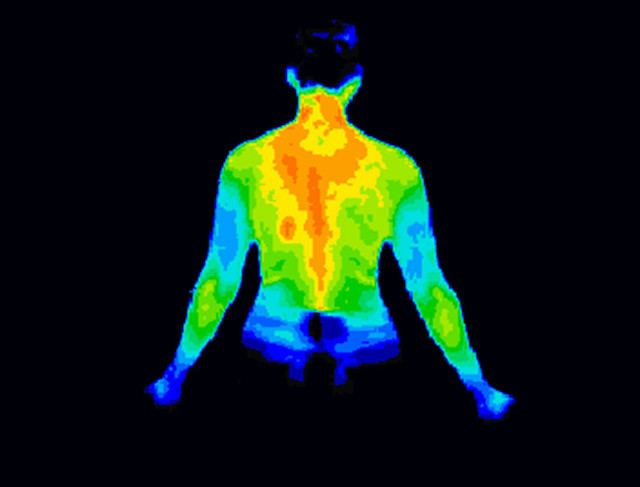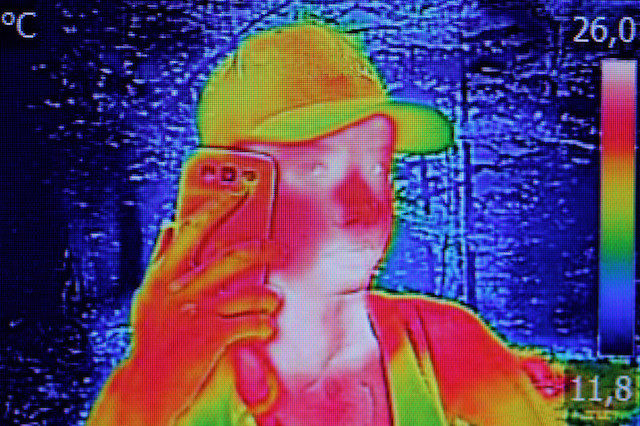A woman visiting Edinburgh’s Camera Obscura discovered she had breast cancer after seeing herself in the thermal camera exhibit.

The thermal camera exhibit allows tourists to see themselves through a camera that indicates parts of the body that are”hot” and parts that are not. Bal Gill discovered through this camera that she had some unusual “hot spots.”
According to Andrew Johnson, general manager at Camera Obscura, “She noticed she had a red patch on her left breast and she was concerned about it. She took a picture. When she was back home, she googled what it might mean and she discovered that she had cancer.”
Gill wrote to Camera Obscura just before she went in for surgery to remove her breast tumor. She had no other symptoms of breast cancer.
Can we use thermal imagine to detect breast cancer?
Thermal cameras are similar to regular cameras, but instead of detecting visible light, they detect infrared light. It detects the energy of atoms and moving molecules. When areas of the body are hotter, they vibrate more, allowing the camera to pick them up.
Medical professionals have not yet deemed thermography a reliable method of detecting cancer. This is because there can be many causes of inflammation (heat) in the body, which would cause the scan to light up in areas that may not be cancerous.
Emad Hamdy Elseedawy, a consultant breast surgeon at BMI Albyn Hospital in Aberdeen, Scotland, says that thermal imaging may often miss a lot of cancer. This is because cancers can be very slow growing and wouldn’t be detected via thermal scans.
In the UK as well as the US, the standard methods of identifying breast cancer are annual mammogram screenings and ultrasound scans. Women should also have an annual breast exam and perform a self-exam monthly. Any changes in the breast, such as a lump, thickening, or color change, should be reported to your doctor.
With mammogram and ultrasound scans, images of the breast are taken and patients will typically get their results in the same day. A mammogram uses low doses of X-rays to obtain images of the breast. They are the first method of screening against breast cancer in women over 40. The imaging allows doctors to see cancers deep in the tissue that you may not be able to feel on the surface yet.
Gill discovered her cancer in “pre-cancerous” stages thanks to the thermography scan. She is currently undergoing treatment.




























